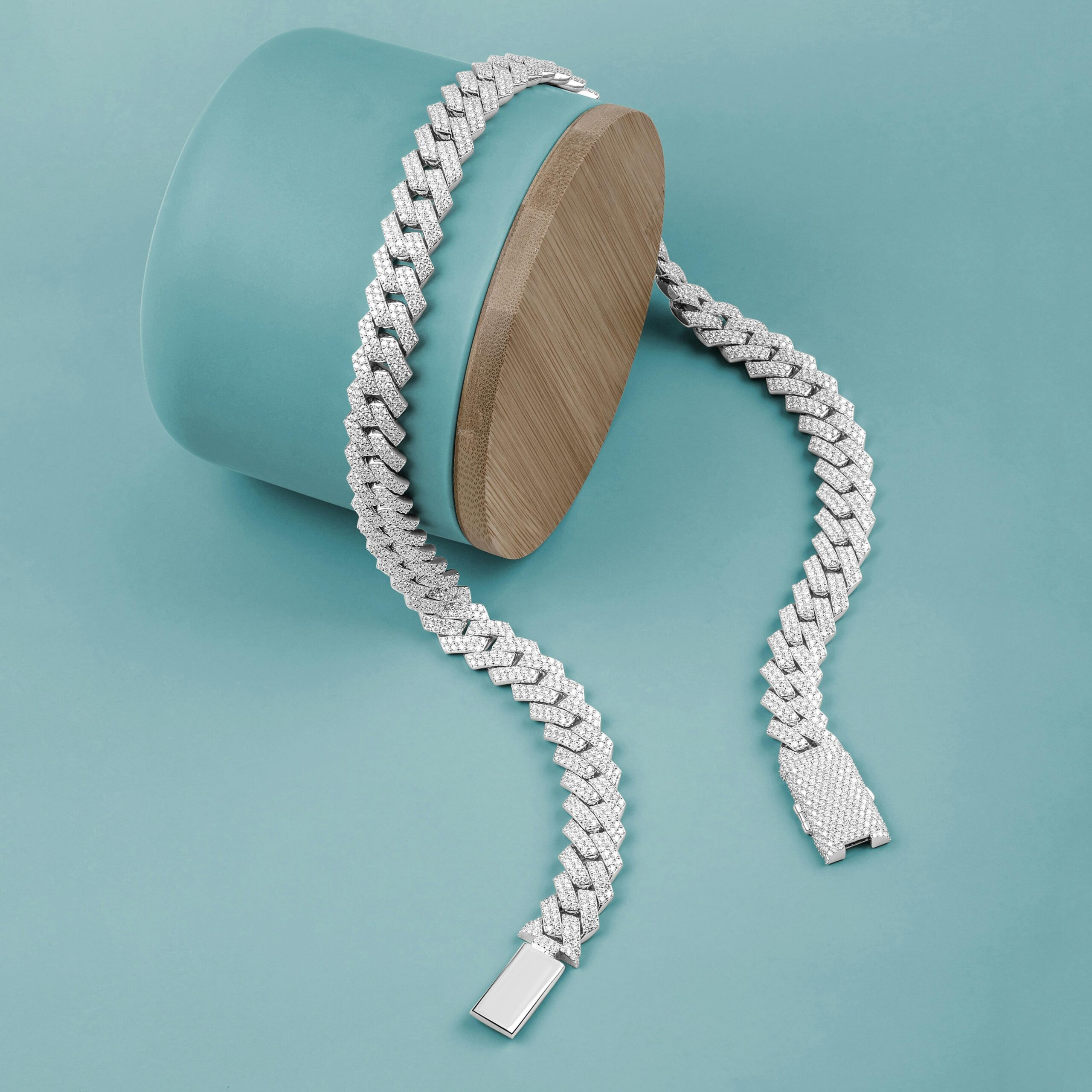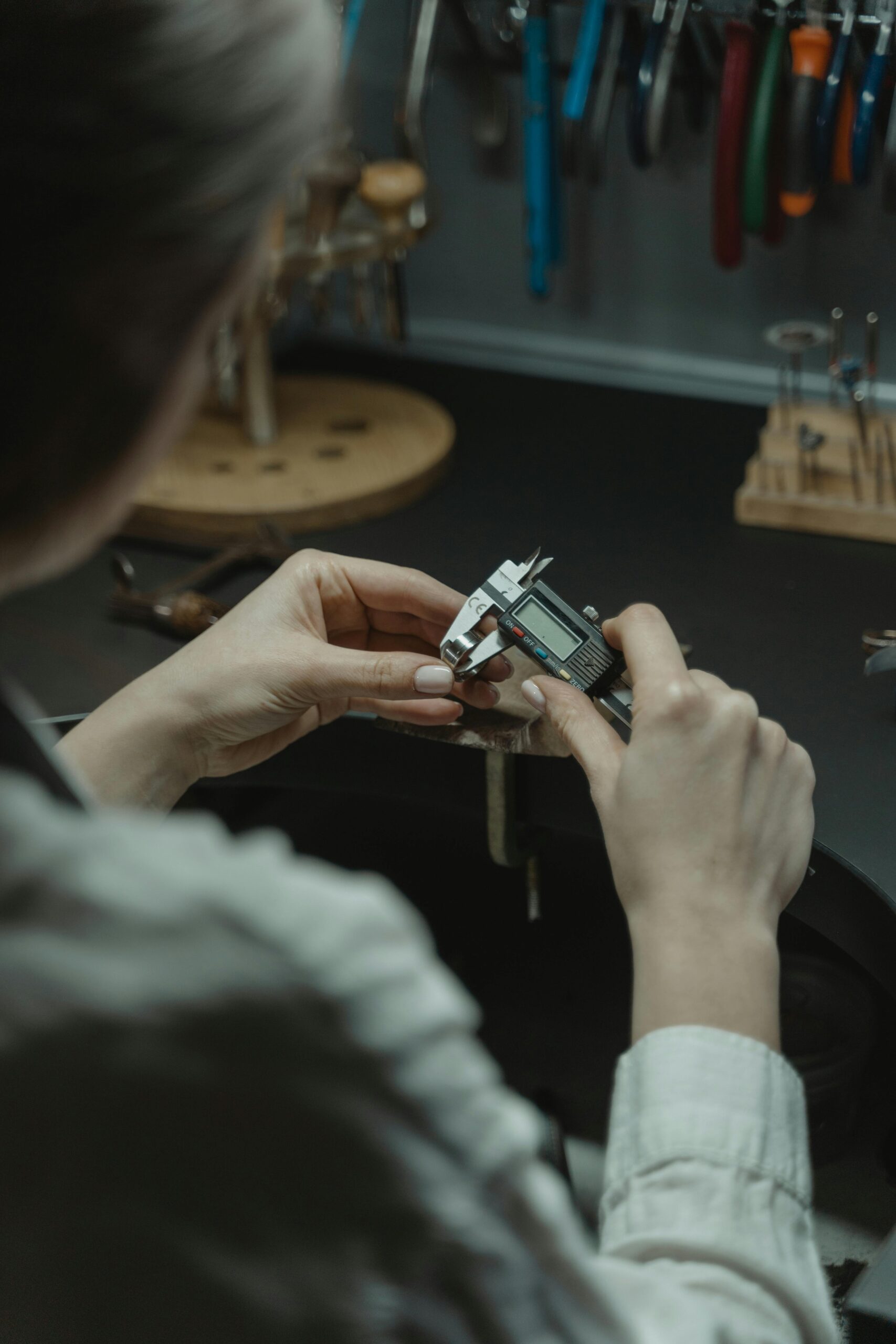In the ever-evolving landscape of retail, differentiation has become paramount for success. One of the most compelling strategies that retailers can adopt is the art of customization, particularly in the realm of bespoke jewelry. This article delves into the myriad advantages of offering custom pieces and how they can serve as a unique selling proposition in a fiercely competitive market.
Understanding Bespoke Jewelry
Bespoke jewelry, by definition, refers to pieces that are tailored specifically to an individual’s preferences and specifications. This form of customization can range from personalized engravings to unique designs that reflect personal stories or milestones. The allure of bespoke jewelry lies not just in its exclusivity, but also in the emotional connection it fosters between the consumer and the piece.
Advantages of Offering Custom Jewelry
1. Enhanced Customer Experience
The modern consumer seeks more than just a product; they desire an experience. By offering bespoke jewelry, retailers can create a more engaging shopping experience. This level of personalization allows customers to feel a direct connection to the piece, fostering brand loyalty and repeat business.
- Emotional Connection: Custom jewelry often commemorates significant life events, making the purchase more meaningful.
- Involvement in Design: Customers appreciate being part of the creative process, which can lead to higher satisfaction.
2. Differentiation in a Competitive Market
In today’s saturated retail environment, standing out is essential. Offering custom jewelry can set a retailer apart from competitors who solely provide mass-produced items.
- Unique Offerings: Retailers can attract a niche market of consumers willing to pay a premium for personalized items.
Brand Identity: Custom jewelry allows retailers to establish a strong brand identity based on individuality and creativity.
3. Increased Profit Margins
Bespoke items typically carry higher price tags due to their personalized nature. Retailers can capitalize on this trend by offering custom options that enhance their profit margins.
- Value Perception: Customers are often willing to spend more for items that resonate with their identity and personal stories.
- Upselling Opportunities: Retailers can offer complementary products, such as custom packaging or additional bespoke services.
Implementing Customization Strategies
To effectively integrate bespoke options into their offerings, retailers should consider the following strategies:
- Utilize Technology: Implement design software that allows customers to visualize their custom jewelry. This can enhance engagement and ease of the purchasing process.
- Educate Staff: Train employees to understand the customization process and how to assist customers in designing their pieces.
- Market Customization: Use social media and online platforms to showcase customer stories and the creation process of bespoke items, attracting more interest and sales.
Real-World Success Stories
Several retailers have successfully leveraged bespoke jewelry to enhance their brand:
- Tiffany & Co.: Their “Tiffany Custom” service allows customers to design their engagement rings, providing a unique experience that has attracted many buyers.
- Etsy: This marketplace thrives on customization, with countless artisans offering personalized jewelry that caters to individual tastes.
The incorporation of bespoke jewelry into a retailer’s product lineup presents a transformative opportunity to enhance customer experiences, differentiate in a crowded market, and improve profit margins. As consumers increasingly seek personalized items that reflect their individuality, the art of customization becomes not just an option, but a necessity for retailers looking to thrive in the competitive jewelry landscape. By embracing this trend, retailers can forge deeper connections with their customers, ultimately leading to lasting loyalty and increased sales.







